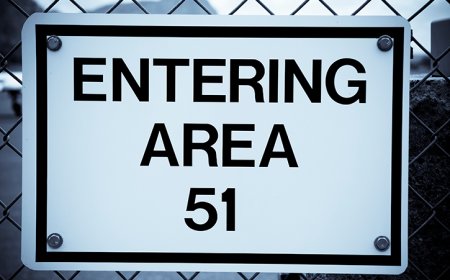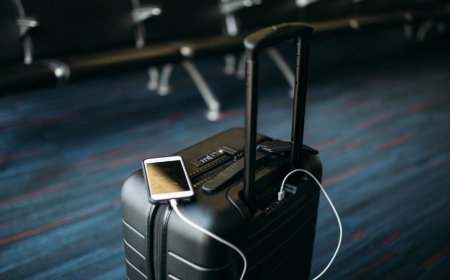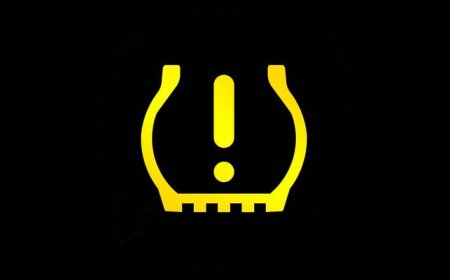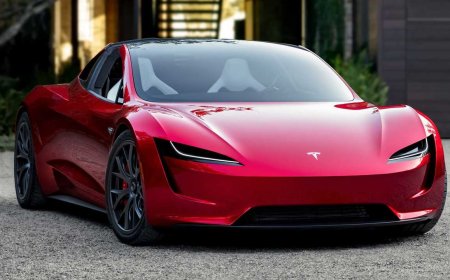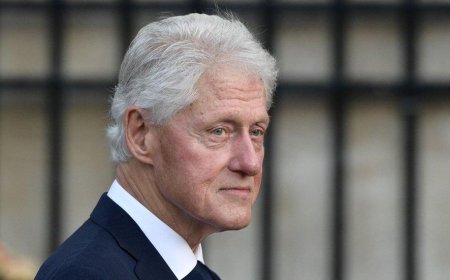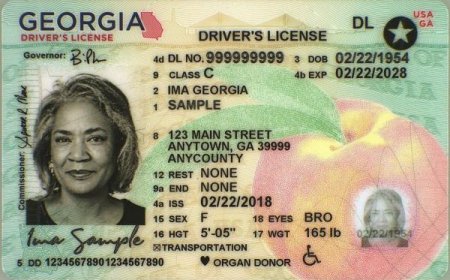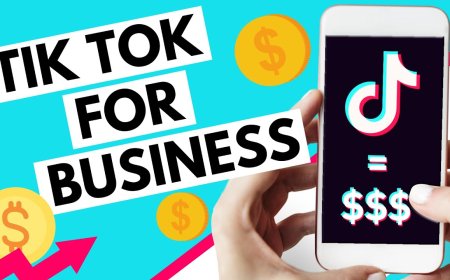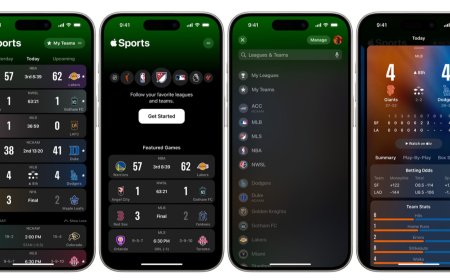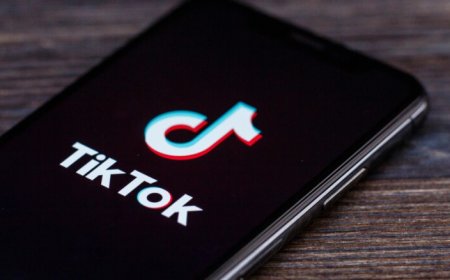Montana Becomes First US State to Ban TikTok, But Will It Stick?
Montana has become the first US state to ban TikTok, pending the governor's signature on the bill. The legislation would prohibit TikTok from operating in the state, with fines for violations of up to $10,000 per violation per day.
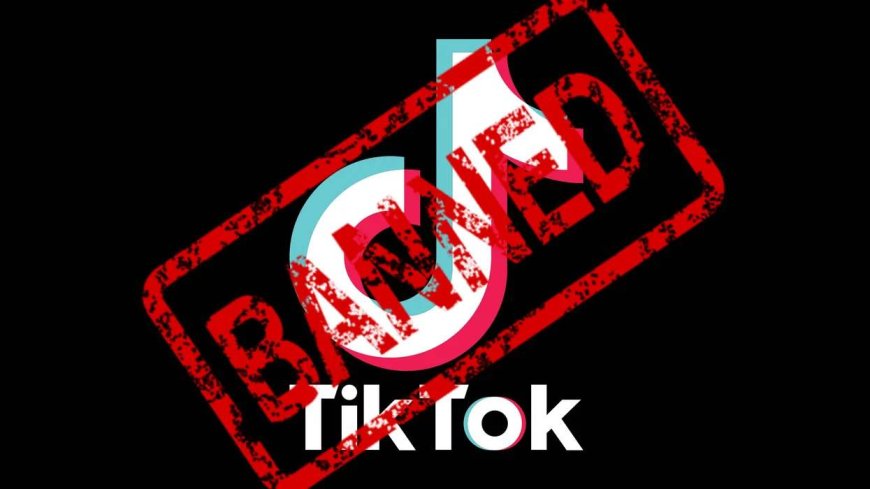
Montana Becomes First US State to Ban TikTok, But Will It Stick?
Montana becomes the first US state to ban TikTok from personal devices, following the legislature's final approval of the bill. If signed into law by Governor Greg Gianforte, the ban would go into effect in January 2024, and TikTok would be prohibited from operating within the state's borders, including its app stores. Penalties for violations could range up to $10,000 per violation per day. The legislation is aimed at TikTok and its parent company, ByteDance, and fines would also apply to any app store violating the law. TikTok spokesperson Brooke Oberwetter suggested legal action might be taken if the bill is signed into law.
Background
TikTok is a popular social media app that allows users to create and share short videos. The app was launched in 2016 and has since become one of the most downloaded apps in the world. TikTok is particularly popular among young people.
In 2020, then-President Donald Trump issued an executive order that banned the use of TikTok and the Chinese messaging platform WeChat. The order was challenged in court and was eventually blocked by a federal judge.
The Biden administration has not taken any action to ban TikTok. However, the company has been under scrutiny from US lawmakers, who have raised concerns about its data collection practices.
Arguments for Banning TikTok
Proponents of banning TikTok argue that the app poses a national security risk because it is owned by a Chinese company. They say that the app could be used by the Chinese government to collect data on US citizens. TikTok has denied these claims, saying that it is committed to protecting user privacy.
In addition to national security concerns, proponents of banning TikTok also argue that the app is harmful to children. They say that the app's addictive nature can lead to cyberbullying and other problems. TikTok has said that it is committed to protecting children and has implemented a number of safety measures, such as parental controls.
Arguments Against Banning TikTok
Opponents of banning TikTok argue that it is an infringement on free speech. They say that the government should not be able to ban a popular app simply because it is owned by a foreign company. They also argue that banning TikTok would be ineffective, as users could simply use a VPN to access the app.
In addition, opponents of banning TikTok argue that the app is popular among young people and that banning it would deprive them of a valuable platform for self-expression. TikTok has said that it is committed to promoting free speech and has a number of features that allow users to express themselves creatively.
In addition, TikTok spokesperson Brooke Oberwetter issued a statement in response to the ban, suggesting that the company may take legal action against the bill if it becomes law. She also defended the app, saying it "has become a beloved platform for many Montanans to express themselves, connect with others, and enjoy a creative outlet."
This move by Montana comes amid rising concerns in the US about TikTok's ties to China and potential national security risks. Last year, former President Donald Trump attempted to ban TikTok over national security concerns, but the ban was later blocked by federal courts.
Several other countries, including India and Pakistan, have also banned TikTok over similar concerns. However, the app remains hugely popular in many parts of the world, with over 1 billion active users.
It remains to be seen if other US states will follow Montana's lead in banning TikTok. However, this move by the state legislature is likely to raise further questions about the app's future in the US and its relationship with the Chinese government.
TikTok has faced scrutiny from lawmakers and regulators in multiple countries over concerns about data privacy and security, as well as its ties to the Chinese government. In the US, former President Donald Trump attempted to ban the app last year, but his efforts were ultimately unsuccessful.
While Montana is the first state to enact such a ban, it is not the only state considering taking action against TikTok. Lawmakers in at least four other states have introduced bills to restrict or ban the app, including Illinois, New York, Massachusetts, and Michigan.
It remains to be seen whether these bills will gain enough support to become law, but it is clear that concerns about TikTok's impact on privacy and national security are not going away anytime soon.
What's Your Reaction?












